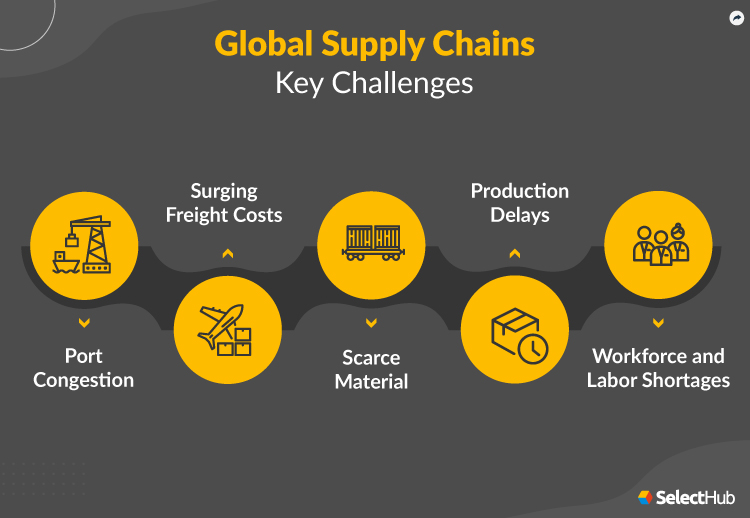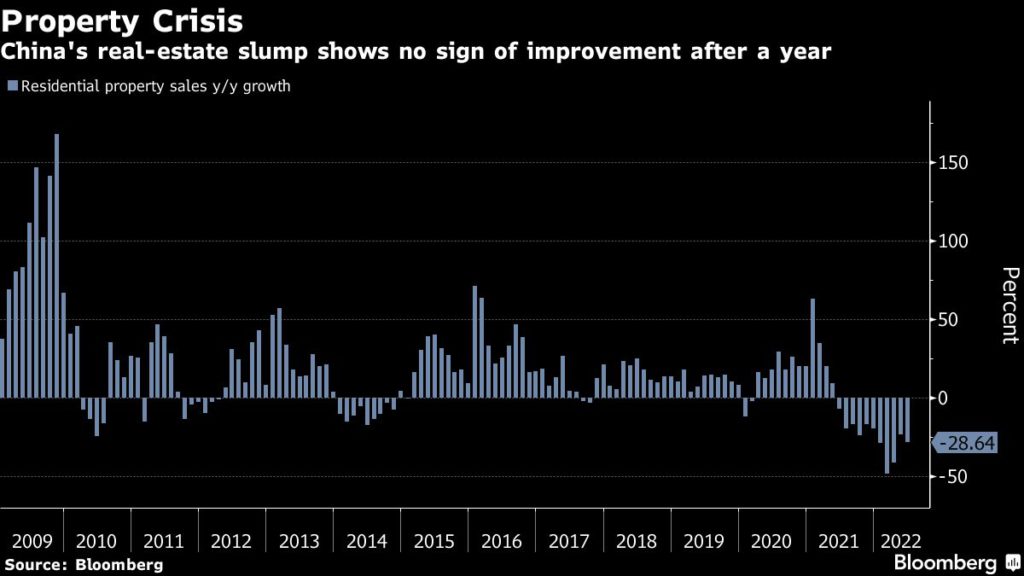Greenland's Future: Navigating Geopolitical Shifts After Trump's Threats

Table of Contents
The Enduring Legacy of Trump's Offer
Trump's audacious proposal, though ultimately rejected by the Danish government and Greenland's self-governing administration, left an indelible mark on Greenland's geopolitical landscape. The long-term consequences are multifaceted:
-
Damaged US-Greenland relations: While diplomatic ties have been repaired, the incident strained trust and highlighted underlying differences in perspectives on sovereignty and resource management. The abruptness and public nature of the proposal caused offense and raised concerns about US respect for Greenland's autonomy. News outlets like the New York Times extensively covered the fallout, detailing the resulting diplomatic tensions.
-
Increased scrutiny of Greenland's sovereignty: The episode brought Greenland's unique status within the Kingdom of Denmark under intense international scrutiny. Discussions regarding Greenland's self-determination and potential independence intensified, prompting further debate on the island's future relationship with Denmark.
-
Heightened awareness of Greenland's strategic importance: The attempted purchase underscored Greenland's geostrategic location in the Arctic, a region increasingly important for resource access, shipping routes, and military positioning. This renewed focus attracted attention from major global powers beyond the US.
-
A shift in Greenland's foreign policy considerations: Greenland now actively diversifies its international partnerships, seeking to reduce reliance on any single power. This includes increased engagement with the European Union, Canada, and other nations, signaling a more proactive approach to its international relations.
-
Specific Examples: The incident led to increased media coverage of Greenland’s political situation (e.g., articles in the BBC and Reuters), intensified discussions within Greenland’s Inatsisartut (Parliament), and prompted a reassessment of Greenland's foreign policy strategy.
Resource Exploitation and Economic Development
Greenland possesses vast untapped natural resources, including rare earth minerals crucial for technological advancements, as well as potential oil and gas reserves. The exploitation of these resources presents both opportunities and challenges:
-
Environmental consequences: Resource extraction in the fragile Arctic ecosystem carries significant environmental risks, including habitat destruction, pollution, and impacts on indigenous communities. Sustainable development practices are crucial.
-
Economic benefits and challenges: Revenue from resource development could significantly boost Greenland's economy and finance its pursuit of greater self-governance. However, managing this wealth responsibly and ensuring equitable distribution of benefits is critical to avoid exacerbating existing inequalities.
-
Potential partnerships and investments: Global players, including China, the European Union, and Canadian companies, are keen to invest in Greenland's resource sector. Navigating these competing interests requires careful consideration of economic and geopolitical implications.
-
Pros and Cons of Resource Development:
- Pros: Increased revenue, job creation, economic diversification.
- Cons: Environmental damage, social disruption, potential for resource curse.
Climate Change and its Geopolitical Implications
Climate change is profoundly reshaping Greenland's geopolitical landscape:
-
Melting ice caps: The rapid melting of Greenland's ice sheet contributes to rising global sea levels, posing significant threats to coastal communities worldwide and impacting global security concerns.
-
Increased accessibility of natural resources: Melting ice opens up new shipping routes and makes resource extraction easier, increasing competition and potential for conflict.
-
Impact on infrastructure and population: Climate change is impacting Greenland's infrastructure, requiring costly adaptations and posing challenges to its small population.
-
Greenland's role in international climate change negotiations: Greenland plays an increasingly important role in international climate discussions, highlighting the island’s vulnerability and emphasizing the need for global cooperation to address climate change.
-
Specific Climate Change Challenges: Coastal erosion, thawing permafrost, changes in wildlife populations, increased extreme weather events.
Navigating Great Power Competition
Greenland finds itself at the center of great power competition, with the US, China, Russia, and the EU all vying for influence:
-
Competing interests: These nations have competing economic and strategic interests in Greenland, ranging from resource access to military basing rights.
-
Maintaining autonomy and sovereignty: Greenland seeks to maintain its autonomy and sovereignty amidst these competing pressures, carefully balancing its relationships with different global powers.
-
Strategies employed by global powers: These powers employ various strategies to influence Greenland, including economic aid, investment in infrastructure, and diplomatic engagement.
Greenland's Self-Determination and the Path Forward
Greenland's pursuit of greater autonomy within the Kingdom of Denmark is a key element of its geopolitical future. This involves strengthening its own institutions, diversifying its economy, and asserting its voice on the international stage. The path forward requires careful management of its resources, a commitment to sustainable development, and strategic partnerships that respect Greenland's sovereignty.
Conclusion
Trump's attempt to purchase Greenland, while ultimately unsuccessful, irrevocably altered the island nation's geopolitical trajectory. Greenland now faces a complex future shaped by resource exploitation, climate change, and the competing interests of major global powers. Navigating this complex landscape requires careful consideration of economic development, environmental protection, and the maintenance of sovereignty. Understanding Greenland's geopolitical future is crucial for comprehending the shifting dynamics of the Arctic region. Further research into Greenland's strategic importance and its efforts to secure its own future is vital. Continue to learn more about Greenland's geopolitical future and engage in informed discussions on this critical topic.

Featured Posts
-
 Benson Boone Responds To Harry Styles Copying Accusations
May 10, 2025
Benson Boone Responds To Harry Styles Copying Accusations
May 10, 2025 -
 Agression Au Lac Kir De Dijon Trois Victimes
May 10, 2025
Agression Au Lac Kir De Dijon Trois Victimes
May 10, 2025 -
 How Middle Managers Drive Company Performance And Employee Engagement
May 10, 2025
How Middle Managers Drive Company Performance And Employee Engagement
May 10, 2025 -
 Chinas Steel Production Cuts And The Future Of Iron Ore Prices
May 10, 2025
Chinas Steel Production Cuts And The Future Of Iron Ore Prices
May 10, 2025 -
 Elon Musks Net Worth Falls Below 300 Billion Tesla Tariffs And Market Volatility
May 10, 2025
Elon Musks Net Worth Falls Below 300 Billion Tesla Tariffs And Market Volatility
May 10, 2025
